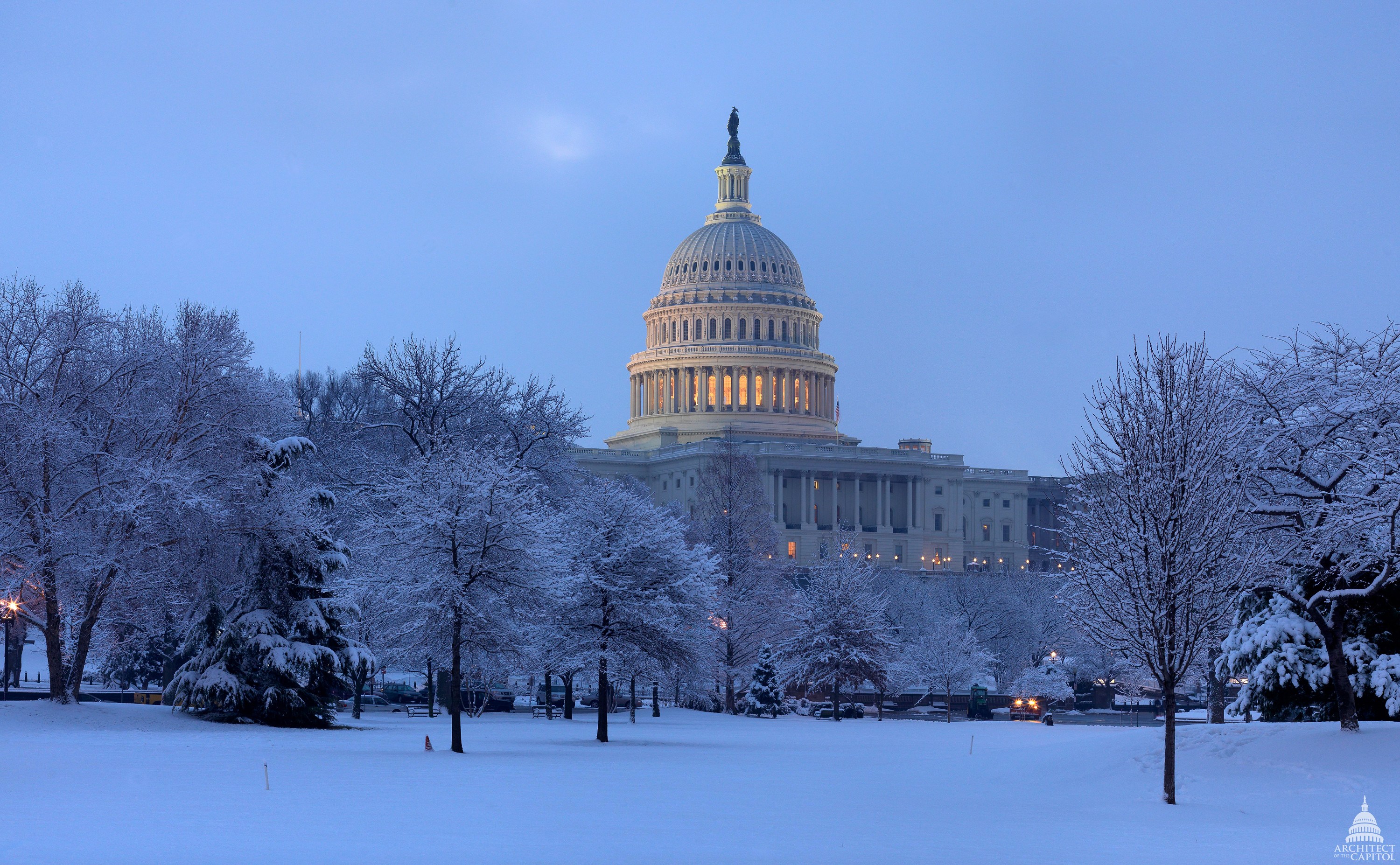Did the Fourth Amendment Require the FBI to Selectively Seize Weiner’s Emails?
Recent news reports indicate that the FBI has obtained a warrant to search a cache of emails belonging to Hillary Clinton aide Huma Abedin. The emails were discovered in the course of an “unrelated case” involving Abedin’s now-estranged husband, Anthony Weiner, who is under investigation for allegedly sexting with an underage girl.
Published by The Lawfare Institute
in Cooperation With

Recent news reports indicate that the FBI has obtained a warrant to search a cache of emails belonging to Hillary Clinton aide Huma Abedin. The emails were discovered in the course of an “unrelated case” involving Abedin’s now-estranged husband, Anthony Weiner, who is under investigation for allegedly sexting with an underage girl. Political implications aside, this development raises many of the thorny Fourth Amendment questions about digital searches and seizures that I addressed in this post a few weeks ago following the Second Circuit’s opinion in United States v. Ganias.
As in the Ganias case, there is a strong argument here against the constitutionality of the FBI’s “seize first, search later” approach. The Weiner investigation revolves around the ex-congressman’s personal communications in early 2016 with a 15-year old girl from North Carolina, three years after Abedin and Secretary Clinton stopped working for the State Department. While many facts remain unknown, it seems likely that the FBI should have been able to segregate the laptop data and seize only the communications relevant to the Weiner investigation. Forensic software now permits investigators to copy data selectively while also packaging and preserving it for later analysis and use at trial. In most cases, it will be wholly unnecessary to seize every bit of data on a computer. But by seizing the entire hard drive and failing to limit the scope of their search, FBI investigators may have run afoul of the Fourth Amendment.
Orin Kerr offers a somewhat similar analysis, concluding that the FBI may have violated the Fourth Amendment in expanding the email search from Weiner to Clinton. But this argument puts the cart before the horse by starting with the search question and accepting the legality of the initial over-seizure. As Kerr recognizes, there is a big “plain view” problem with this process, creating a situation where the FBI may be allowed to seize large amounts of data for one purpose and then search it at will for evidence of unrelated crimes. This raises the specter of modern-day “general warrants.” A better approach may be to limit the scope of the seizure in the first place.




